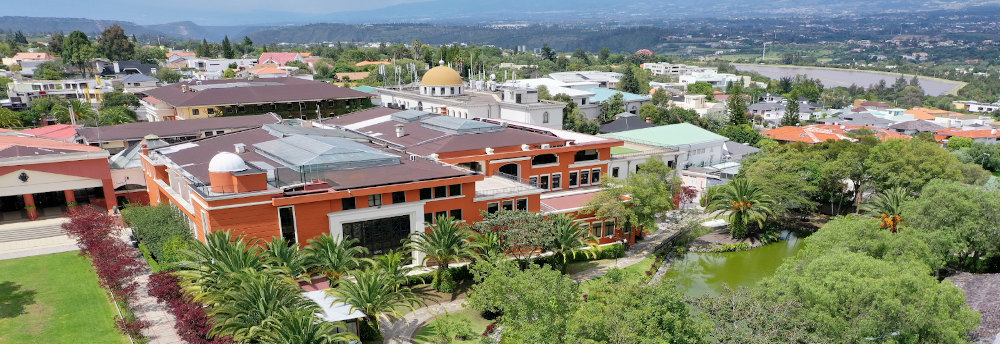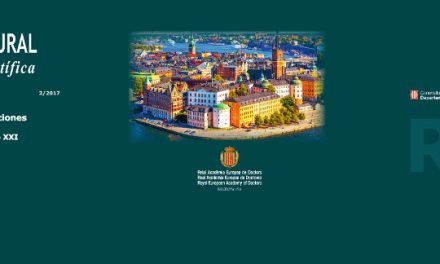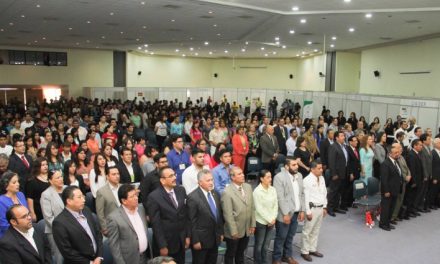José Ramón Calvo prepares on the spot the expedition that the Royal Academy will make next year with National Geographic
José Ramón Calvo, full academician and president of the Institute of International Cooperation of the Royal European Academy of Doctors-Barcelona 1914 (RAED), has traveled these days to Ecuador to finalize the preparations for the Scientific Expedition that the RAED will organize next year to the Galapagos Islands in collaboration with National Geographic, the Foundation for the Development of Latin America, the Quo Artis Foundation and the University of Saint Francis of Quito. Calvo visited each of the places that the delegation will visit within a year to verify its suitability, including hotels, transfers and cultural visits, in addition to the various scenarios where the events of the VI International Congress of the RAED will be held.
The academician took advantage of his stay to meet with various officials of the Government of Ecuador and with the governor of the Galapagos Islands. Some meetings that will materialize in the collaboration that these institutions will give to the expedition of the RAED during their stay in Quito and in the islands. Another important part of his agenda was the visits to the campuses that the University of Saint Francis of Quito has in the city and in the Island of San Cristobal, in the Galapagos Islands. This center is a young, totally private university, with only three decades of existence, about 9,000 students and more than 700 professors. It has been for years the best university in Ecuador, one of the best in South America and is among the 750 best universities in the world both in teaching and research.
Its work philosophy is based on the models of the best American universities, specifically at Harvard University, Stanford University, the Massachusetts Institute of Technology and the University of North Carolina, with which it has a joint research agreement to carry out scientific actions at the research center on San Cristobal Island. The teaching is bilingual. An interesting peculiarity is that all students of science careers have to take a series of humanities subjects during a semester that include Philosophy, Ethics, Literature, Applied Arts and basic concepts of Law and Social Sciences. For their part, the students of humanities careers must also study for a semester subjects related to basic concepts of science, which include basic notions of Mathematics, Physics, Chemistry and Biology as well as subjects that allow them to have their own criteria regarding pseudosciences and the false news linked to the scientific world.
Its rector and co-founder, Carlos Montufar, accompanied Calvo during his visit and organized a reception in which the president of the Institute of International Cooperation of the RAED was able to explain the project of the Royal Academy in the Galapagos Islands to more than a hundred guests and how the RAED will prepare and disseminate a manifesto on the effects of climate change on fragile ecosystems among international organizations dealing with the subject. Among the guests at that event, which was attended by authorities, researchers, businessmen and professors of the university, highlighted the presence of the ambassador of Spain in Ecuador, Carlos Abella, who was very interested in the expedition, congratulated the Royal Academy for the initiative and offered his collaboration.




